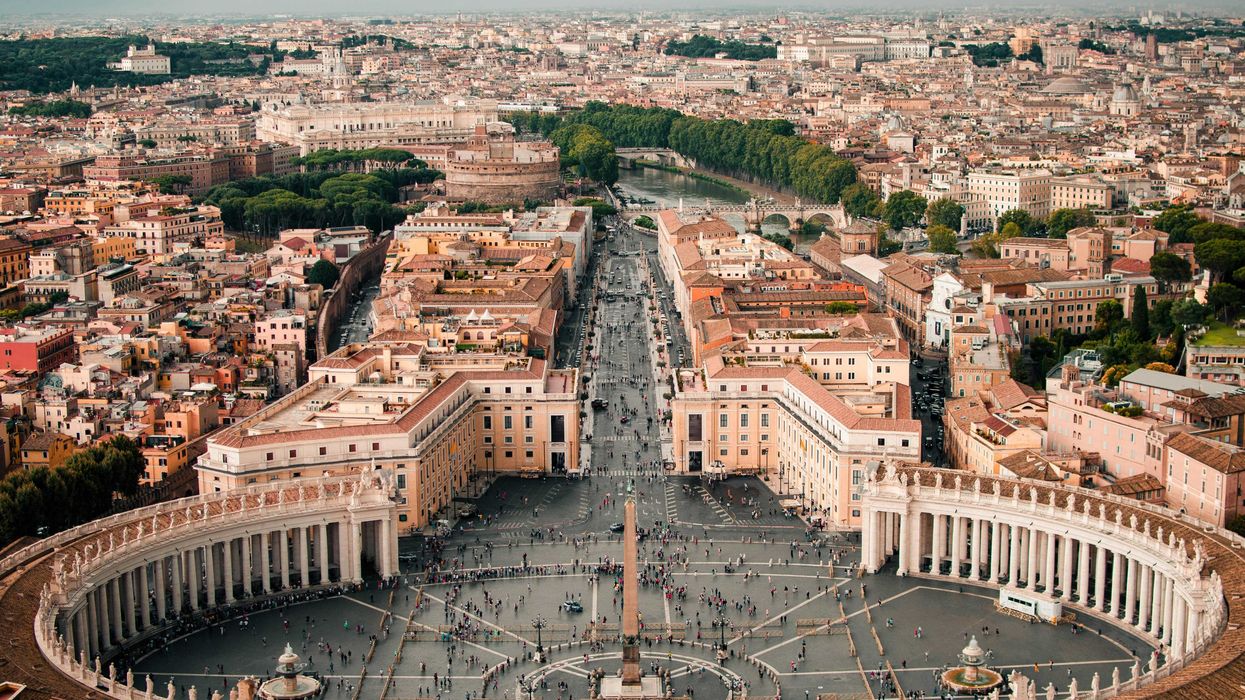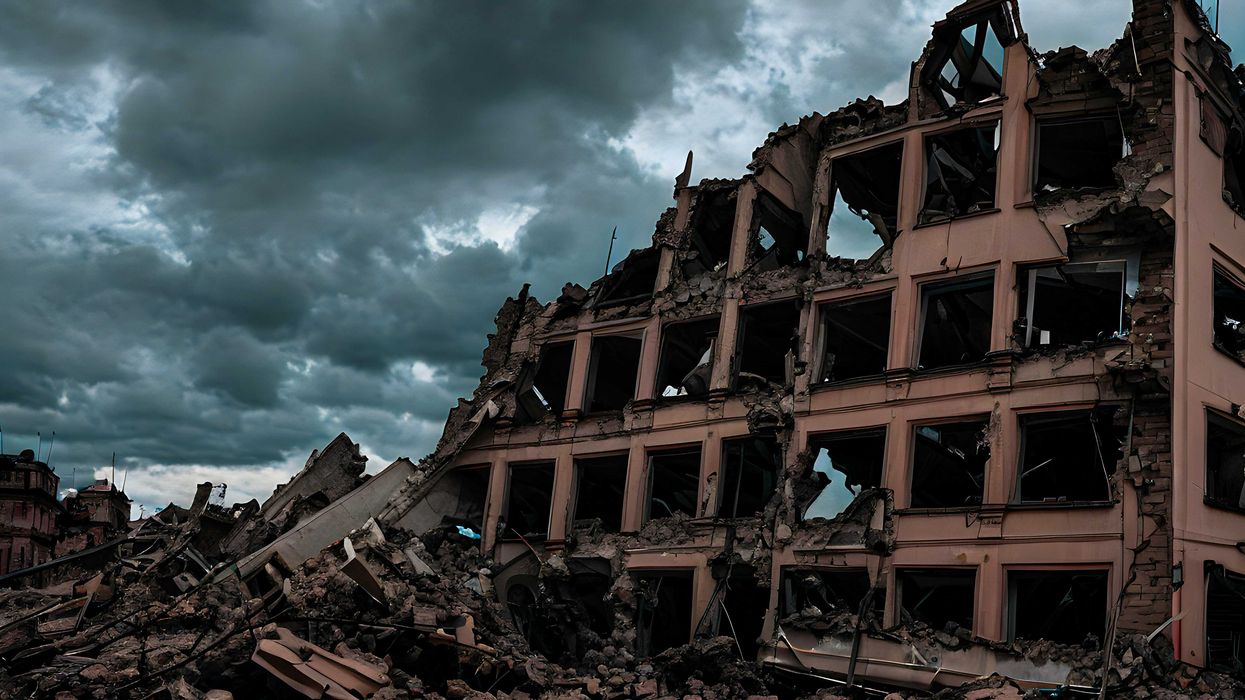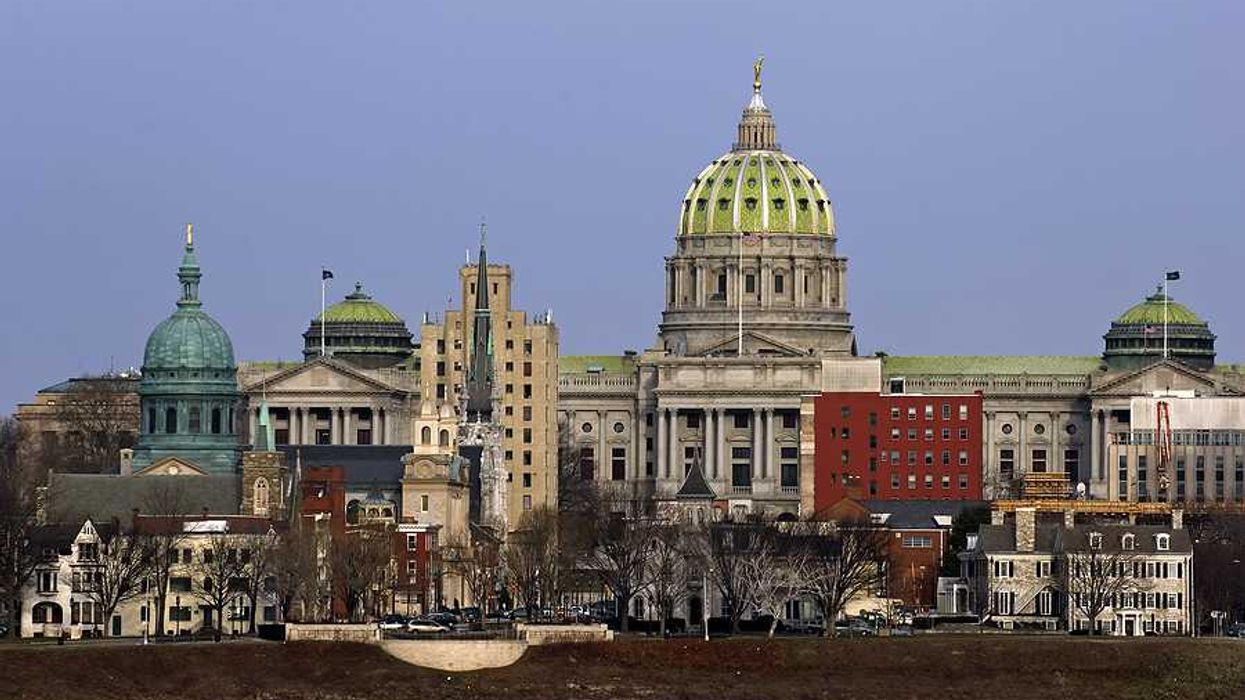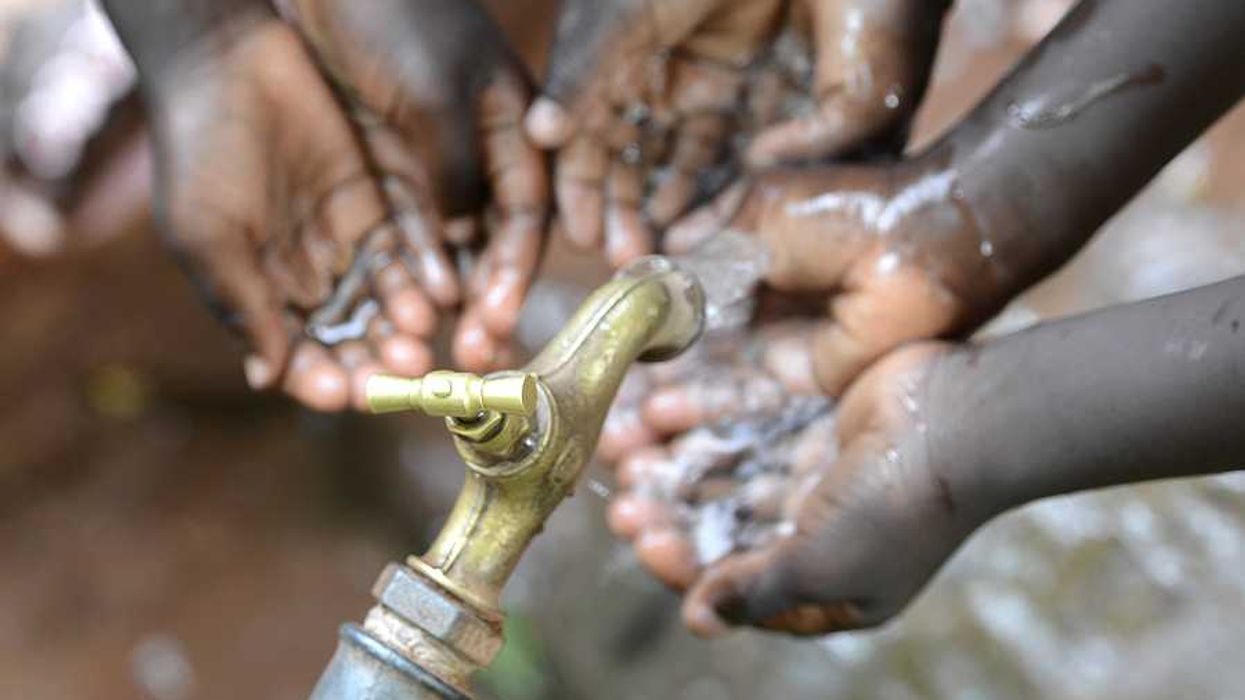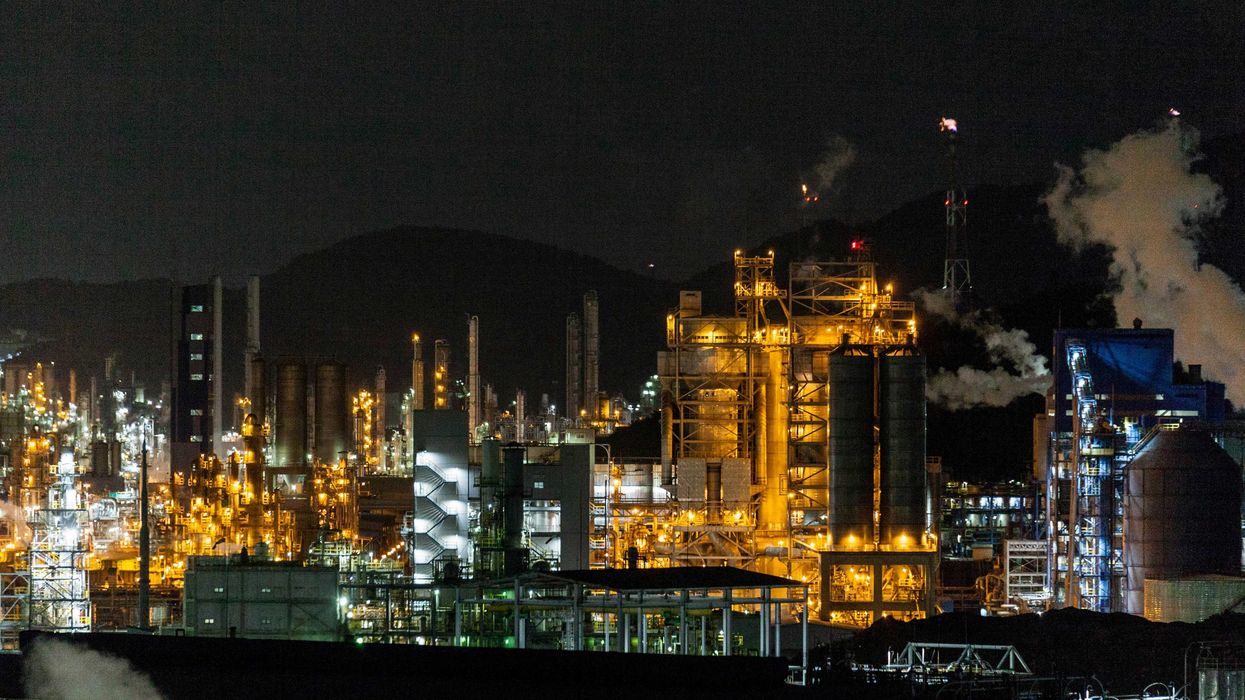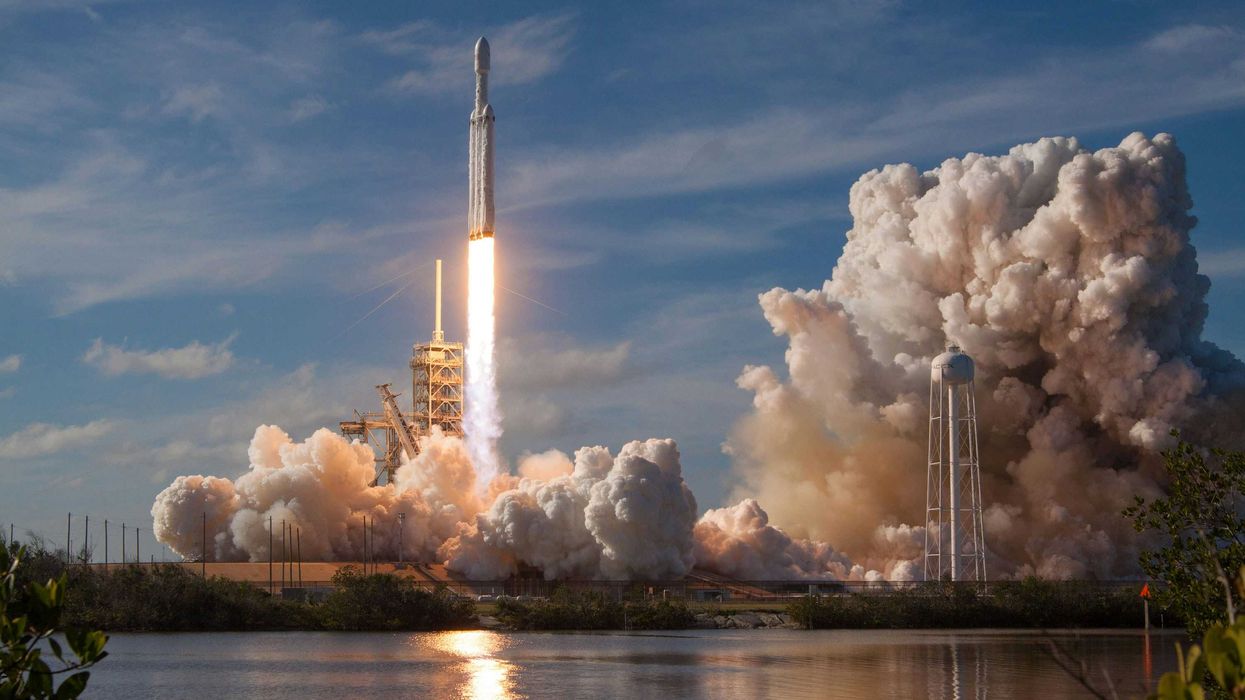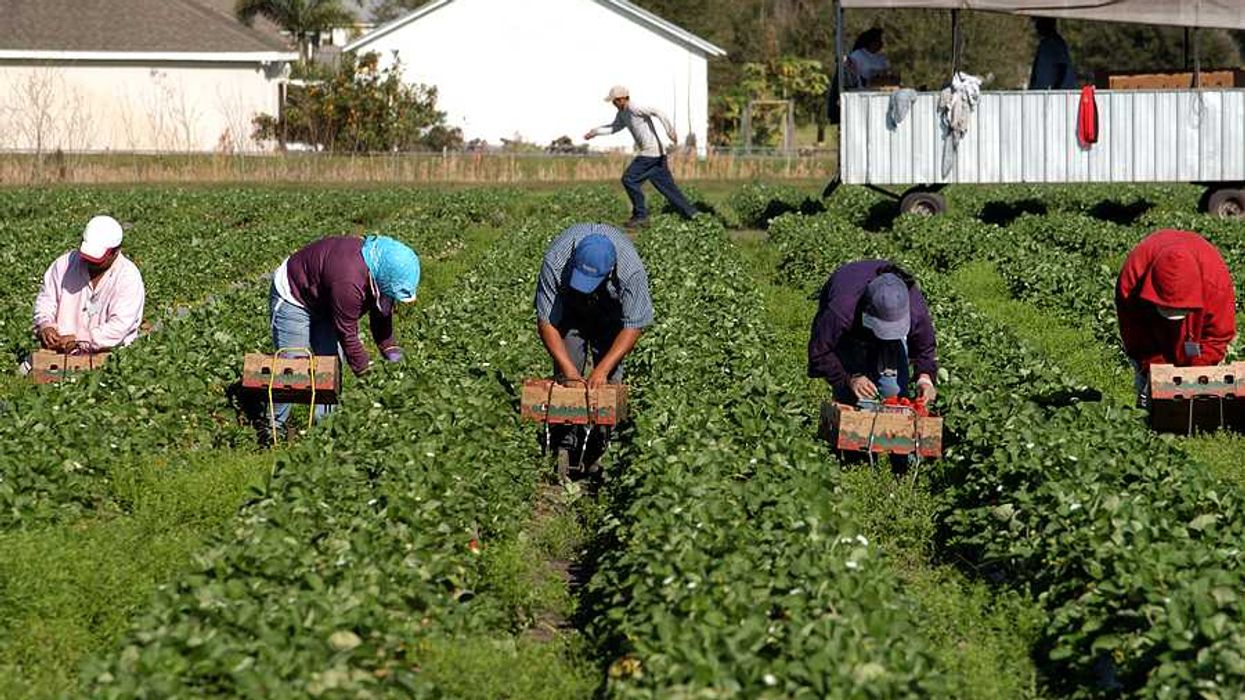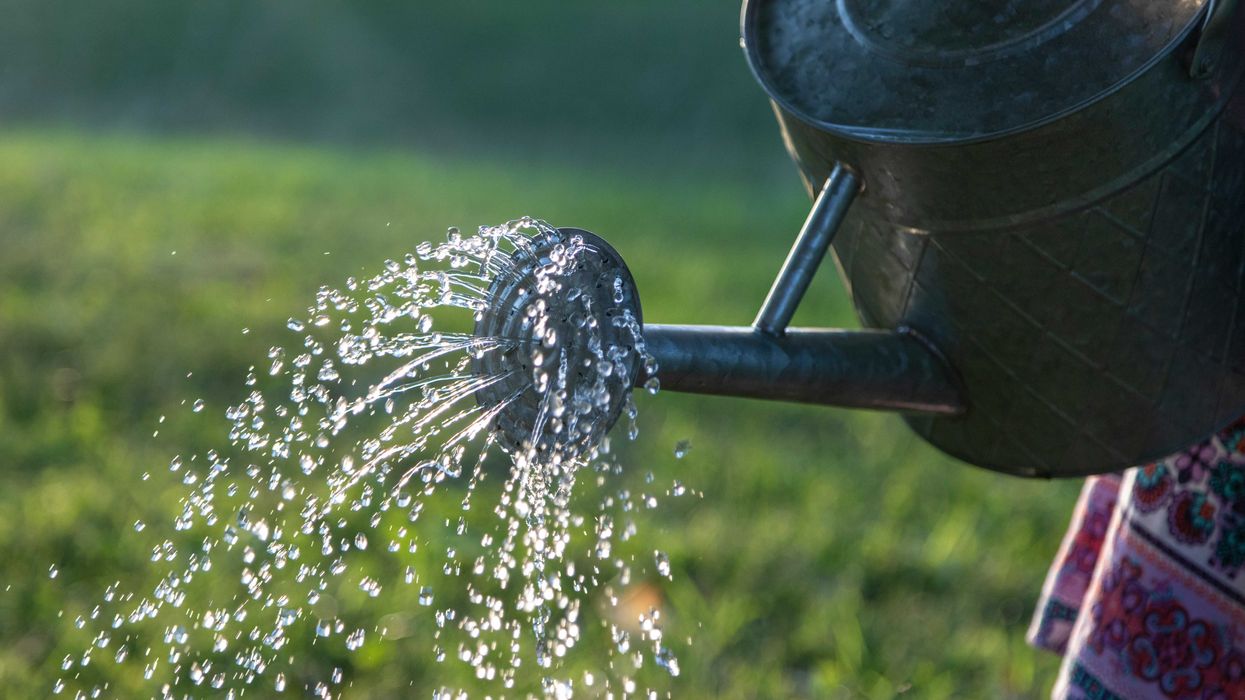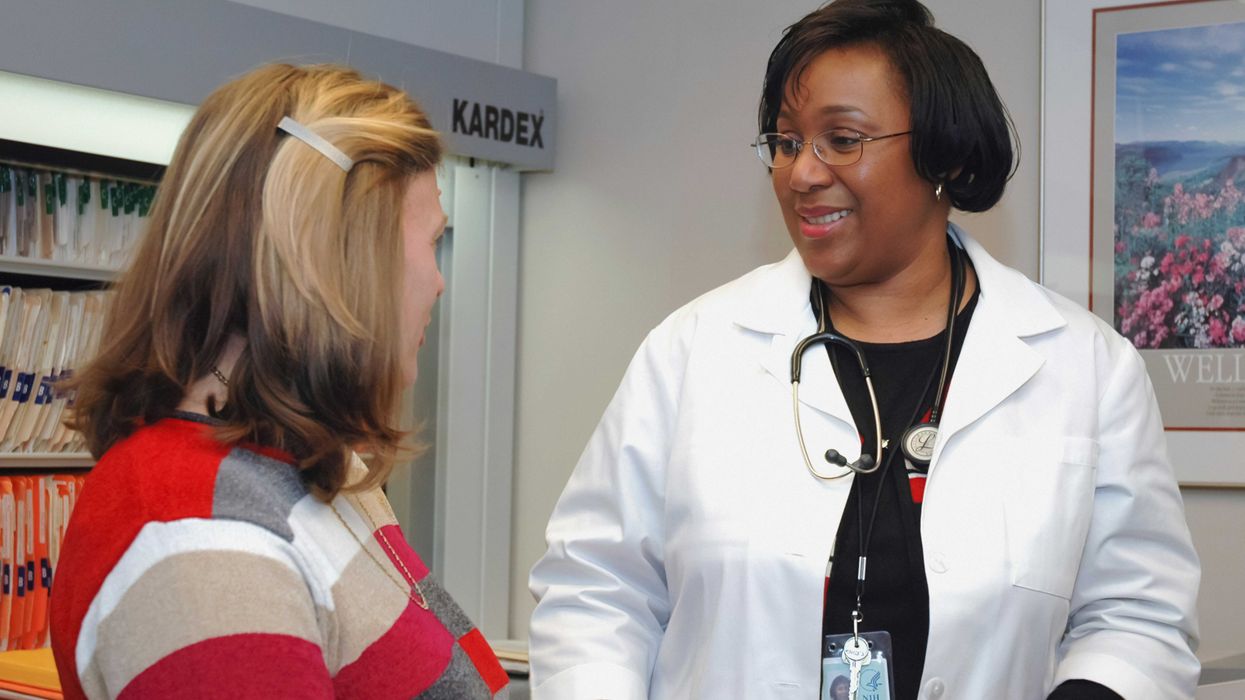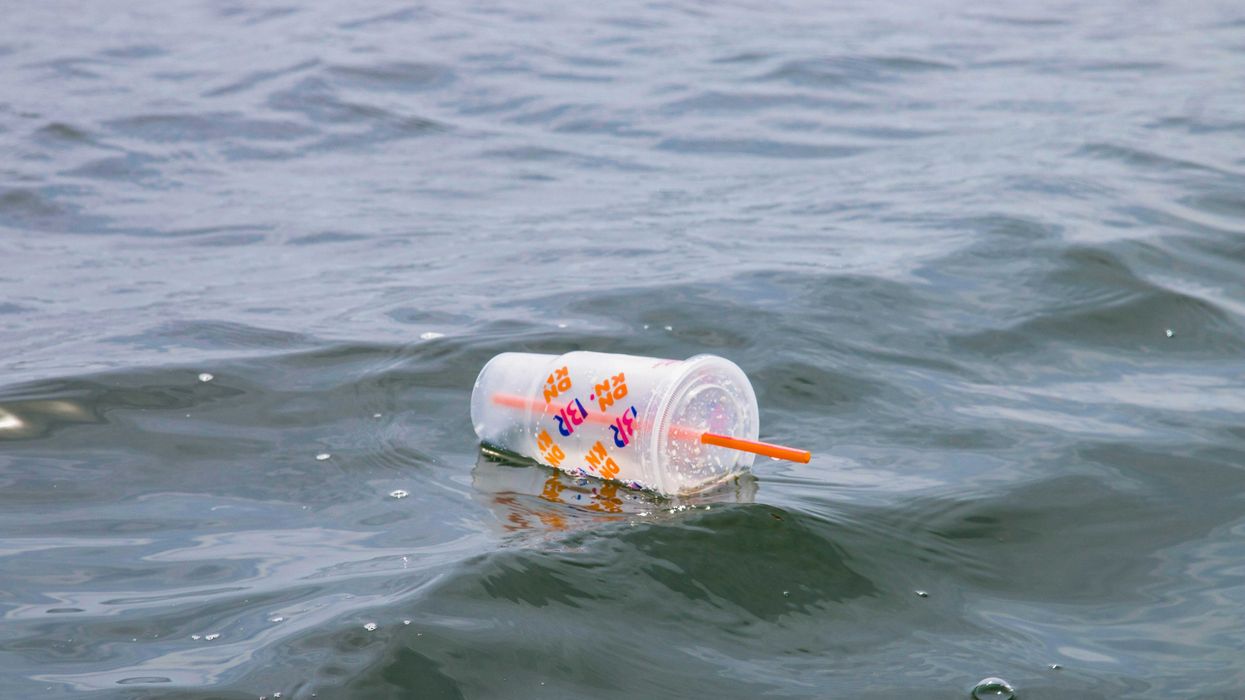As California officials rush to clear debris from the Eaton and Palisades fires, residents near temporary hazardous waste sites fear long-term environmental harm.
Kate Selig, Jesus Jiménez and Mimi Dwyer report for The New York Times.
In short:
- Cleanup efforts after the wildfires have moved hazardous waste to four temporary federal sites, alarming residents in working-class Black and Hispanic communities.
- Officials insist the sites pose no health risk, but locals worry about air and water contamination, with protests and town hall meetings reflecting their concerns.
- Past wildfire cleanups have faced similar opposition, with some waste sites becoming semi-permanent despite official assurances to the contrary.
Key quote:
“They’re being monitored, they’re being assessed and we’re going to hold everyone to a level of accountability as it relates to those sites coming back cleaner than when they found them.”
— California Gov. Gavin Newsom
Why this matters:
Wildfires don’t just leave behind charred landscapes and lost homes — they create a toxic legacy that lingers long after the flames are out. Burned buildings, melted plastics and scorched industrial sites release hazardous chemicals into the air, soil and water. Where that waste is collected and stored can have profound health and environmental consequences, particularly for communities already burdened by pollution.
Read more: California leaders confront wildfire destruction amid political attacks


